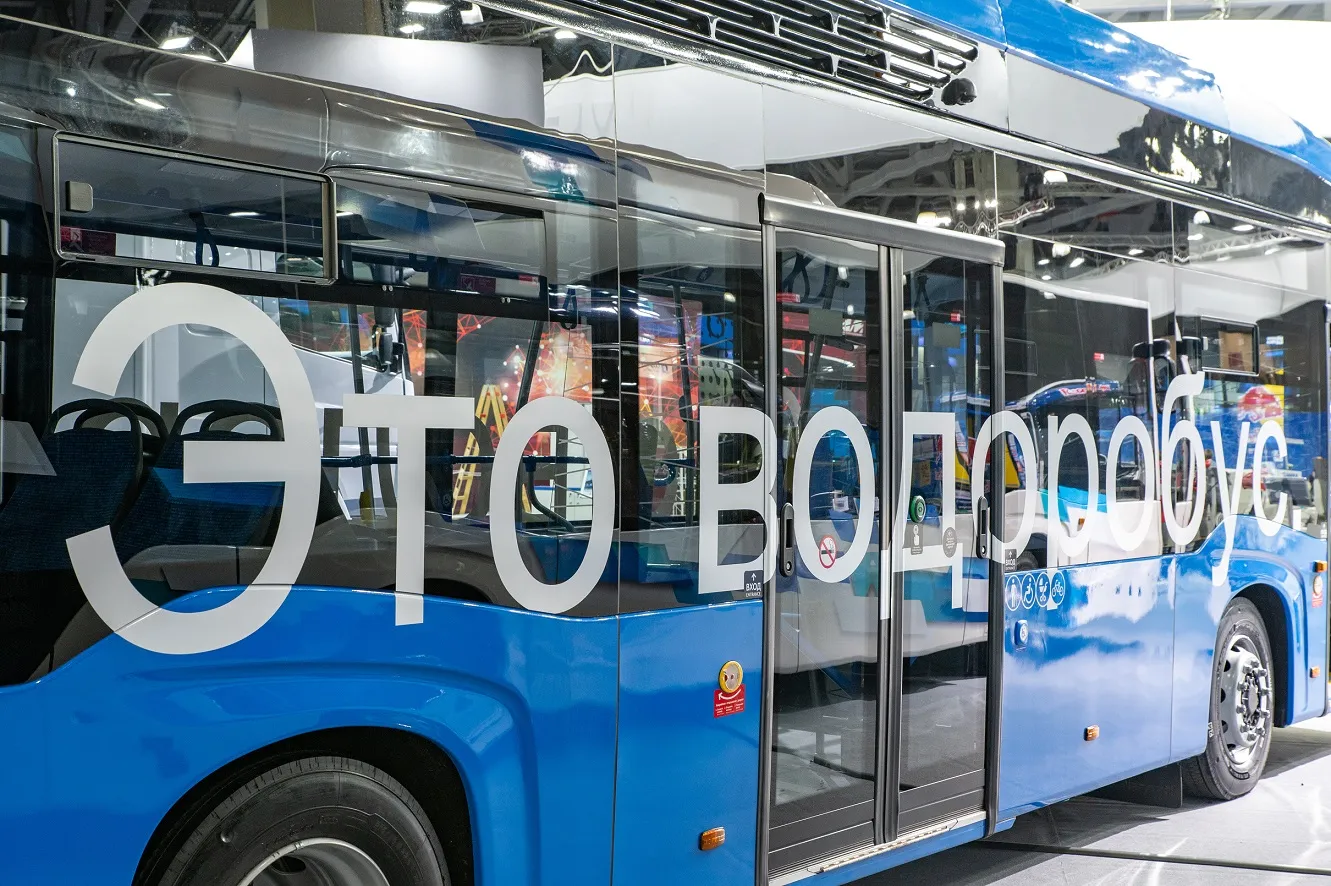Israeli defence company Elbit Systems, which will exhibit at the forthcoming Fuel choices Summit in Tel Aviv, is developing an electric bus charging system that would allow vehicles to boost their batteries at terminal stations. There, the buses would connect to supercapacitors that charge the buses quickly so that they can operate for precisely calculated distances, according to the Jerusalem Post.
Elbit’s supercapacitors aim to power buses for one full route, allowing them to recharge in the span of le
November 27, 2014
Read time: 2 mins
Israeli defence company Elbit Systems, which will exhibit at the forthcoming Fuel choices Summit in Tel Aviv, is developing an electric bus charging system that would allow vehicles to boost their batteries at terminal stations. There, the buses would connect to supercapacitors that charge the buses quickly so that they can operate for precisely calculated distances, according to the Jerusalem Post.
Elbit’s supercapacitors aim to power buses for one full route, allowing them to recharge in the span of less than a minute at the vehicle’s terminal stop. As passengers descend from and board the bus, the vehicle will quickly become fully charged for another route.
Each charging station would be able to handle about 60 buses per hour and during normal business hours the charging stations could be powered by green electricity sources like solar energy, Elbit said. For lines routes longer than 10 kilometres, it will be possible to install charging stations at additional pickup stations.
Elbit’s supercapacitors aim to power buses for one full route, allowing them to recharge in the span of less than a minute at the vehicle’s terminal stop. As passengers descend from and board the bus, the vehicle will quickly become fully charged for another route.
Each charging station would be able to handle about 60 buses per hour and during normal business hours the charging stations could be powered by green electricity sources like solar energy, Elbit said. For lines routes longer than 10 kilometres, it will be possible to install charging stations at additional pickup stations.









